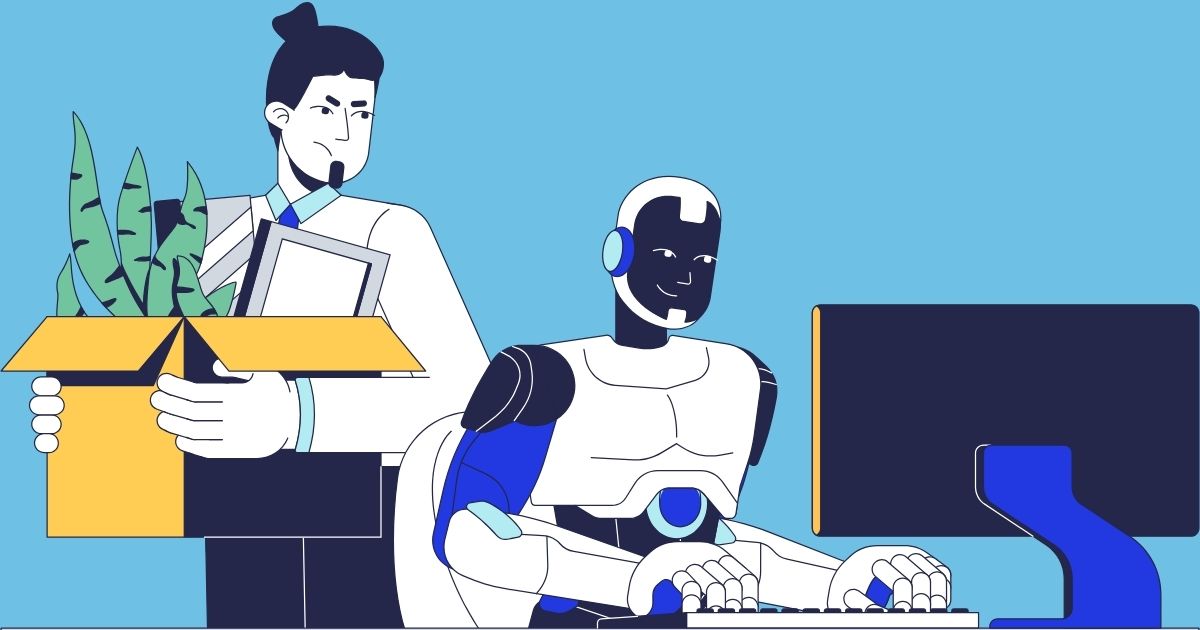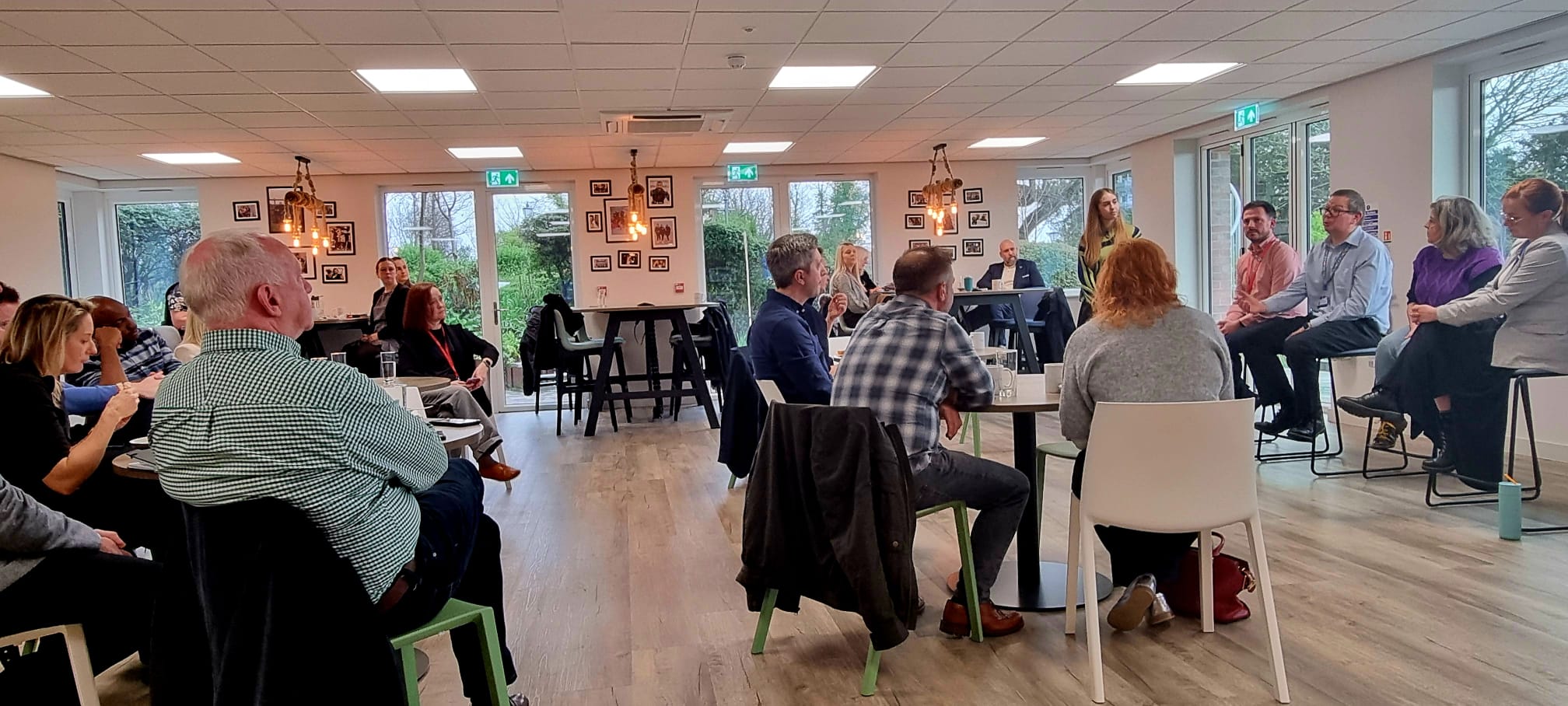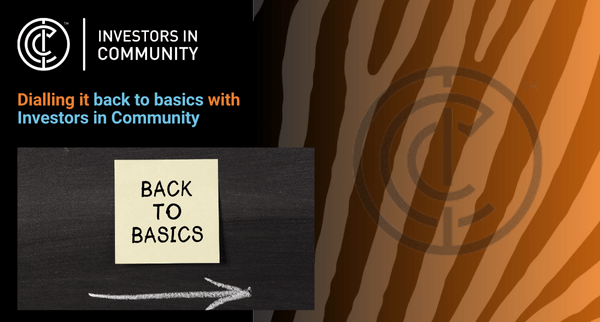
July 31, 2023
When you engage in acts of kindness, only good things happen…
As you help someone or give a gift, your brain secretes “feel good” chemicals such as: Serotonin (which regulates your mood). Dopamine (which gives you a sense of pleasure). Oxytocin (which creates a sense of connection with others):
- Serotonin: Serotonin is a neurotransmitter that plays a crucial role in regulating mood, happiness, and overall emotional well-being. Acts of kindness and generosity can lead to increased serotonin levels in the brain, contributing to a more positive and uplifted mood.
- Dopamine: Dopamine is a neurotransmitter associated with the brain’s reward and pleasure system. Acts of kindness can trigger the release of dopamine, creating a sense of pleasure and reward, which reinforces the behavior of helping and giving.
- Oxytocin: Oxytocin is often referred to as the “love hormone” or “bonding hormone” because it plays a key role in creating a sense of connection and trust with others. Acts of kindness, particularly those involving social interactions, can lead to increased oxytocin release, fostering a sense of emotional connection and empathy.
- Endorphins: Endorphins are neurotransmitters that act as natural painkillers and mood enhancers. Engaging in acts of kindness can trigger the release of endorphins, leading to feelings of pleasure and reduced stress.
These “feel good” chemicals not only enhance our emotional well-being but also promote positive social interactions and strengthen social bonds. Acts of kindness and giving can have a positive ripple effect, leading to increased happiness and improved social cohesion within communities. Additionally, the act of helping others and experiencing the positive effects of these chemicals can reinforce prosocial behaviors, encouraging individuals to continue engaging in acts of kindness and altruism.
Please feel free to contact a member of our team today: info@investorsincommunity.org










